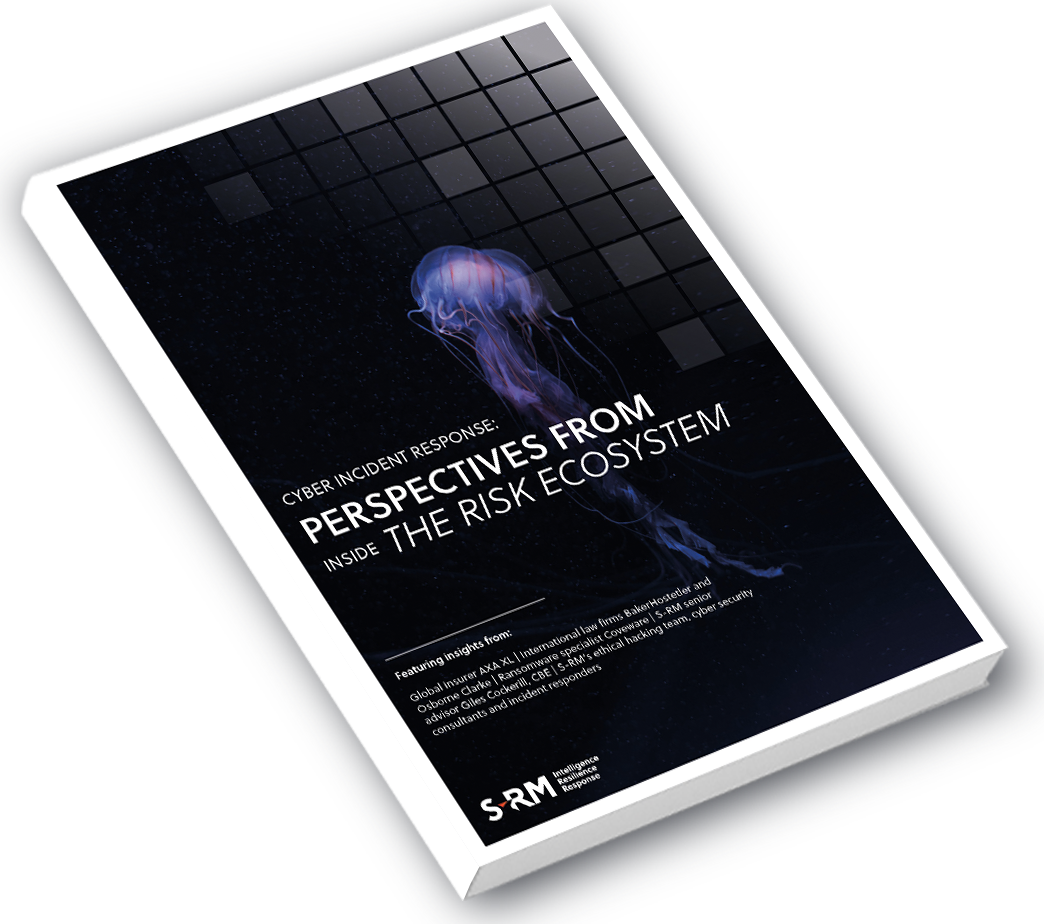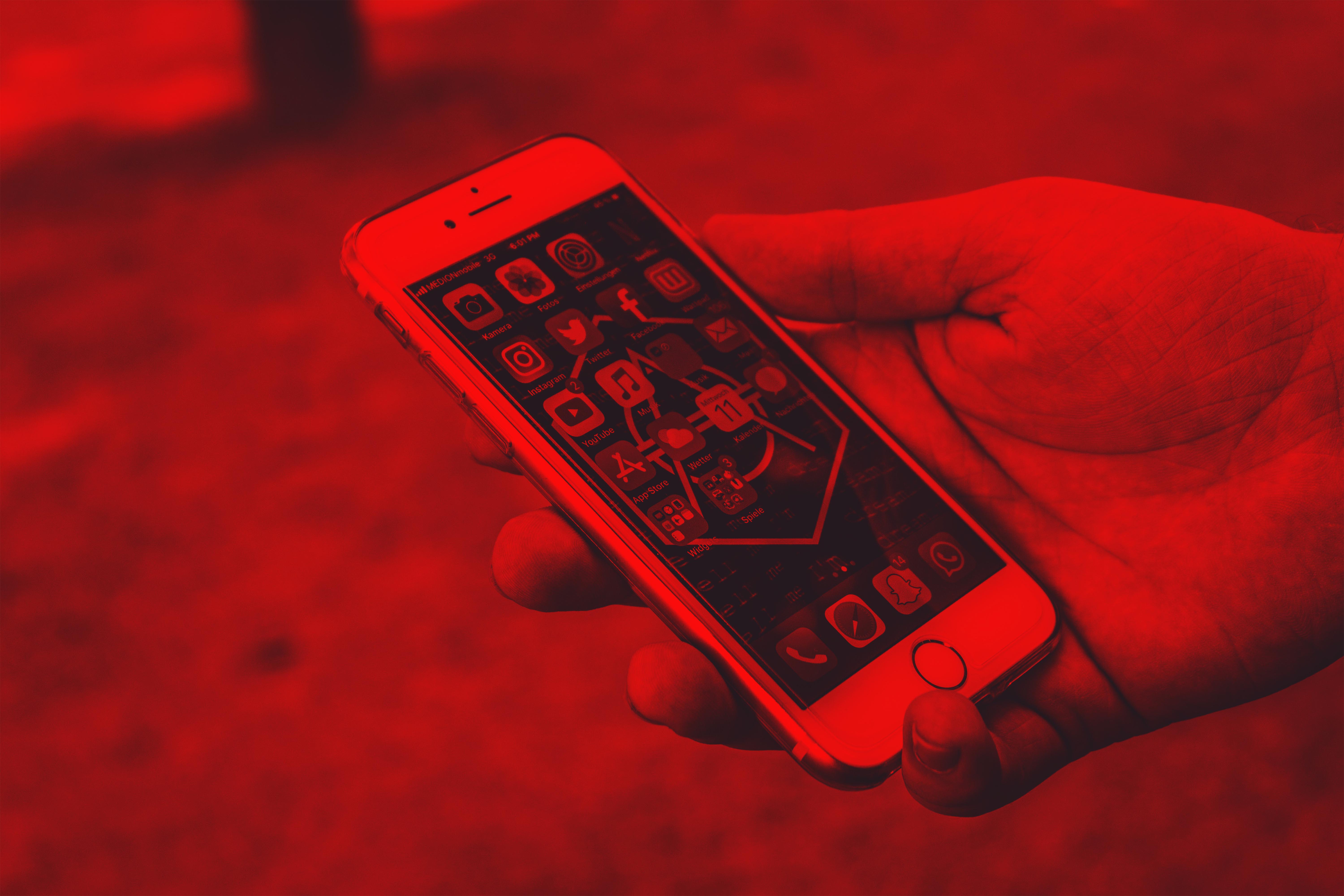As of April 2nd 2020 there have been over 917,000 reported cases of COVID-19 (coronavirus).
With over a million confirmed cases of COVID-19 globally, thousands of lives have already been lost. Each day brings reports of the virus surfacing somewhere new, and another city or country going into lockdown. Cruise ships and hotels are being quarantined. Events are being cancelled or held over video. Entire businesses are operating remotely.
How are people making these decisions? Do they know more than we do? The answer in nearly all cases is no.
What we are witnessing today is a known phenomenon within crisis management circles - people react based on their perception of a risk rather than the reality of it. And in the absence of information the mind has a tendency to try and fill the gaps.
Find out how we can support you.
Seven Practical Steps
So, what can business do today to help prepare?
First: Seek out reliable sources of information. The world health organisation, the CDC and a number of other reputable national health organisations provide accurate and peer reviewed updates regularly.
- https://www.who.int/emergencies/diseases/novel-coronavirus-2019
- https://www.gov.uk/government/news/wuhan-novel-coronavirus-and-avian-flu-advice-for-travel-to-china
- https://www.cdc.gov/coronavirus/2019-nCoV/summary.html
Second: Prepare to make some important decisions with access to less information than you would typically want. You're unlikely to receive concrete direction from a central government or regulator.
Third: Remember that not making decisions has consequences too. In a rapidly evolving situation, standing still doesn’t mean the status quo won't change around you. The risk environment, and people's perceptions of it (your employees, your customers, your suppliers and other stakeholders) changes on a daily basis.
"Not making decisions has consequences too. In a rapidly evolving situation, standing still doesn’t mean the status quo won't change around you."
Fourth: Create a framework within which you can make decisions. Go back to your existing crisis arrangements and take a look at your priorities as an organisation - they won't have changed. Write down what's important to you as a business and use it as a filter.
If your priorities are to keep people safe, make sure your customers have a great experience, protect your reputation etc. then check whether the decisions you are about to make still do these things. Ask yourself whether these priorities are better served by doing something or doing nothing.
Fifth: Structure your thinking. It is very easy to get tunnel vision in times of uncertainty, to focus in on the thing you feel comfortable managing as it is a 'safe space', and to avoid the higher consequence choices. Some of your choices will have high consequences, but that doesn't mean they don't need to be made.
Sixth: Allocate the right resources to the challenge. Coronavirus isn't going away any time soon. It is unusual and poses questions we are rarely asked. Identify people who know your business and understand how to manage highly fluid situations. Protect their time and empower them with access to leadership when needed.
Seventh: Create or coordinate a few different working groups:
- Think about how the outbreak is impacting your employees and customers, inside and out of the office. Engage with them. Try to understand what they are worried about. Create a sense of community. Remember that whilst coronavirus might not be impacting their ability to work directly, there could be areas of their family and home life that are having a very different experience.
- Think about how the outbreak is affecting your business in the near term. Consider what you can and can't do. Engage with your supply chain to get a clearer picture of what is happening around you. Revisit the assumptions your business continuity plans are based upon; this information is designed to help you prioritise when you need to.
- Think about how the outbreak might affect your business in the medium to long term. Start planning now if you can. Considering the extent of the disruption to manufacturing in Asia, it is near certain that there will be supply chain issues arising in the months to come.
Consider whether there is a role for you to play in helping the community around you. In some cultures employees have deep relationships with their employer. Villages and towns are built up around key manufacturing and production sites. Engage with external organisations and define the role you can play in the wider response.
The importance of good information
"It is always better to be informed than to be afraid, and better to have a plan you don't need than need a plan you don't have."
Good decisions are based on good information and a clear understanding of the context within which they are being made. At times like this it is always tempting to overreact. Indeed, people rarely get in trouble for being too cautious. Equally, there are no certainties in a situation like this and we are all trying to find our way through as best we can.
If you feel like you are making the best possible decision with the information available to you at the time, then it will be hard for anyone to argue with you after the fact - after all, they are probably doing exactly the same thing.
It is always better to be informed than to be afraid, and better to have a plan you don't need than need a plan you don't have.




 Email John
Email John





 @SRMInform
@SRMInform
 S-RM
S-RM
 hello@s-rminform.com
hello@s-rminform.com

